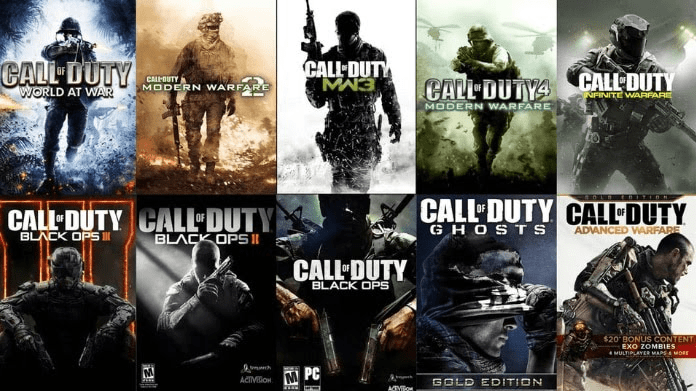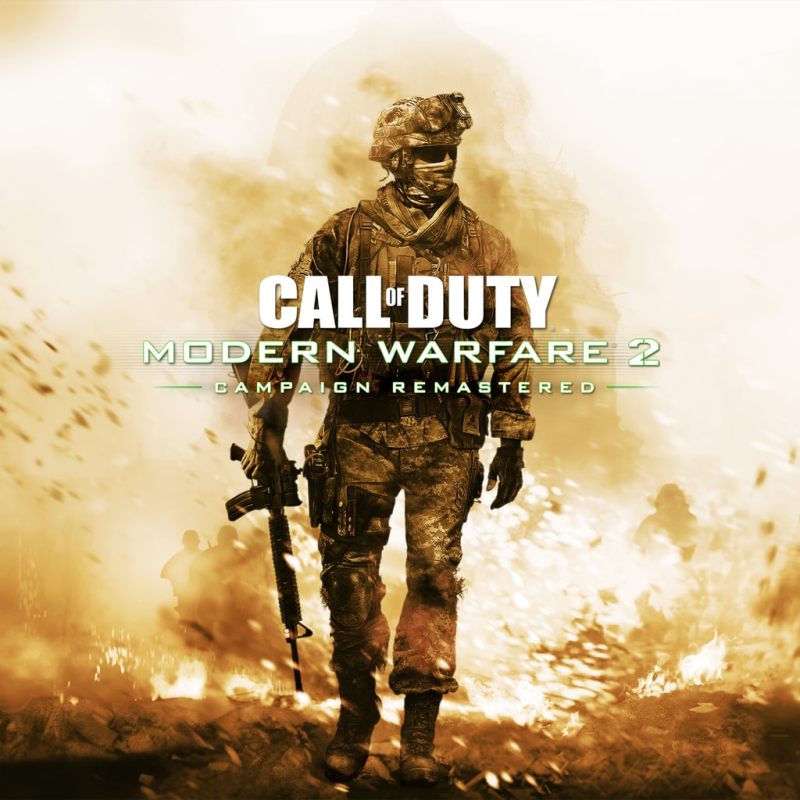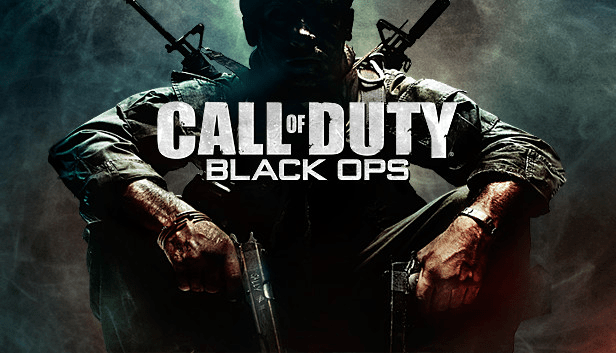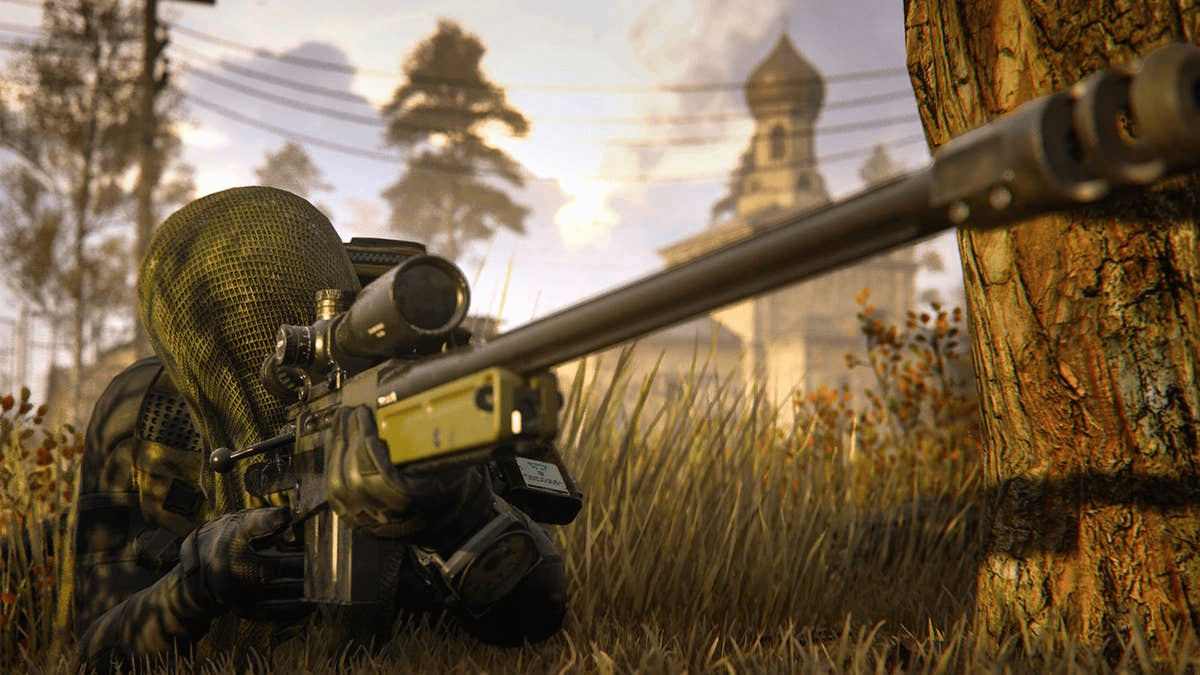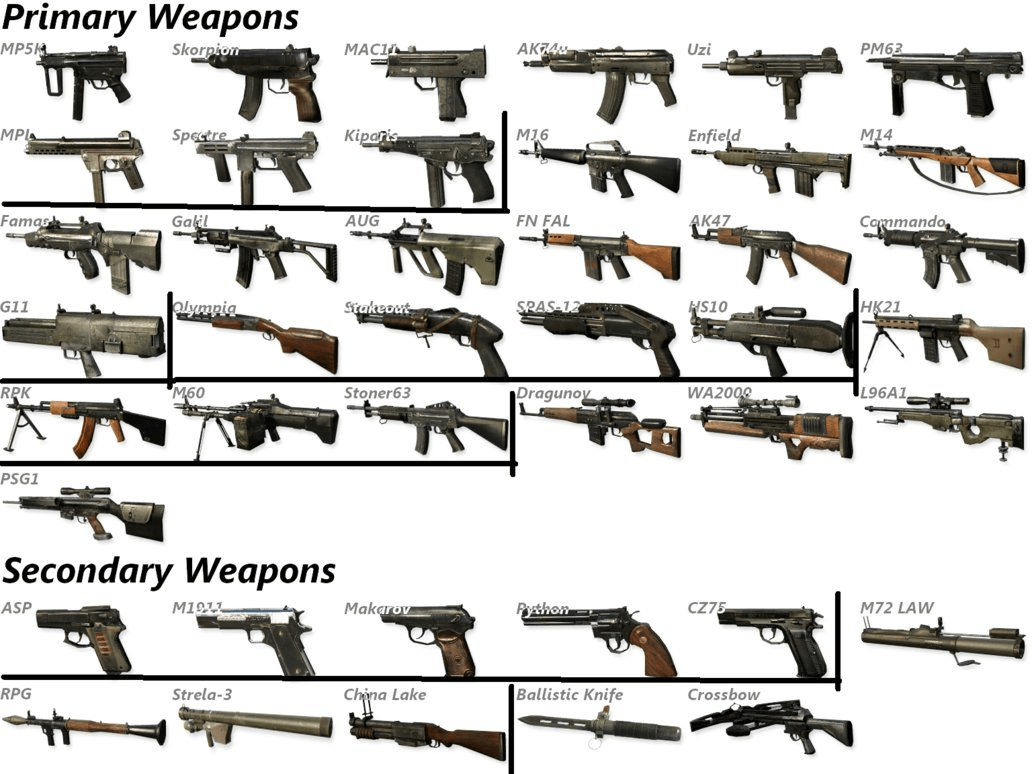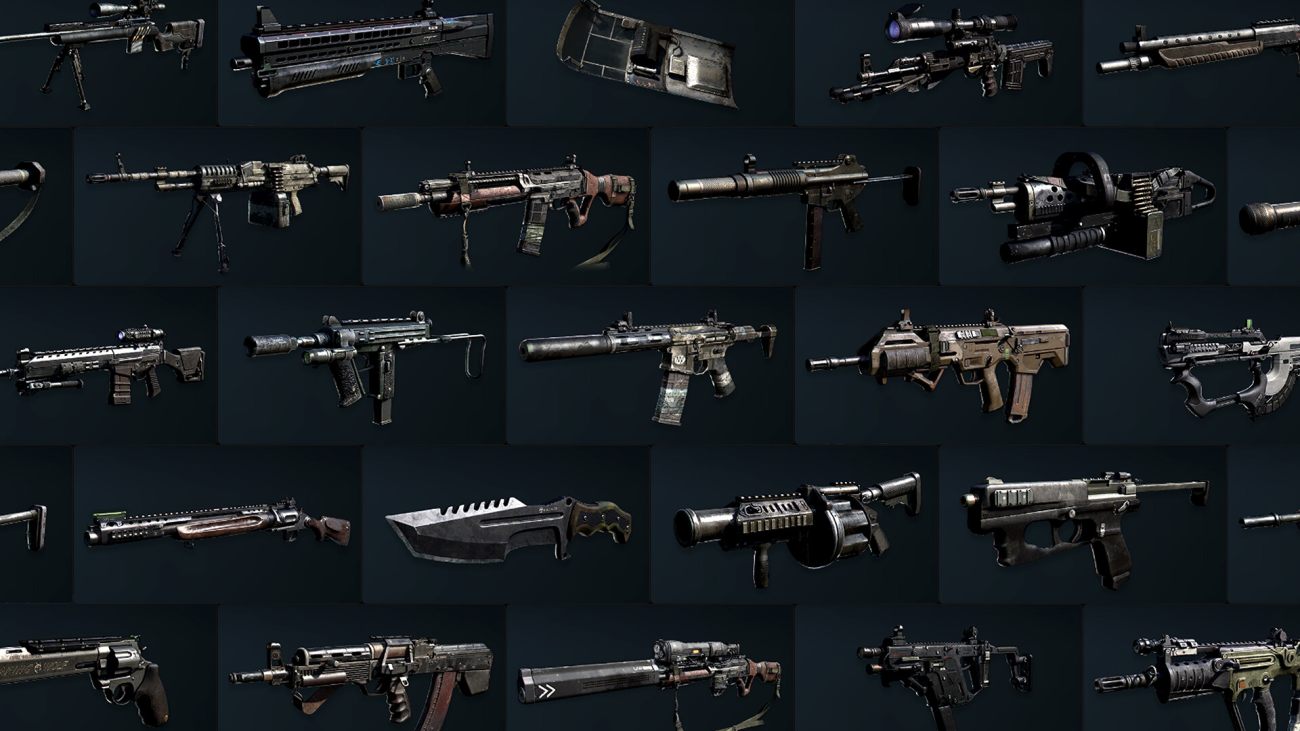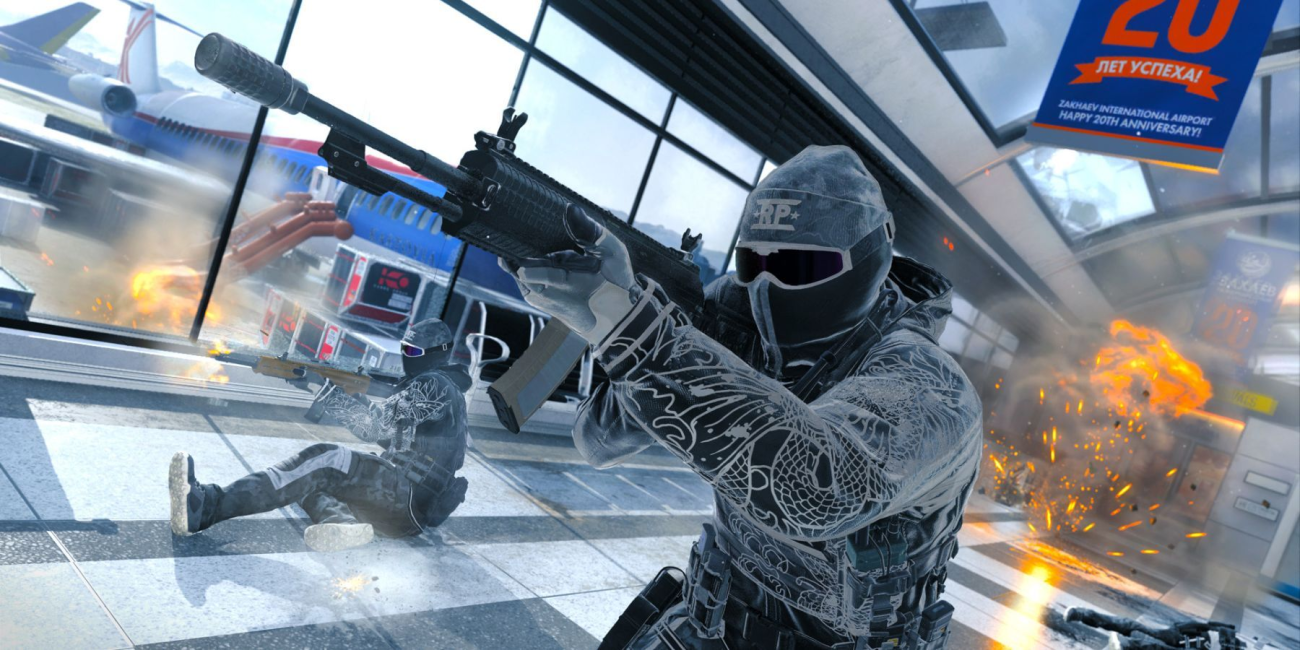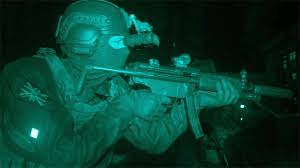The Call of Duty franchise has been a cornerstone of the gaming industry for nearly two decades, known for its fast-paced multiplayer modes, intricate storylines, and cinematic campaign experiences. Among the many entries in the series, certain campaigns stand out for their narrative depth, memorable characters, and innovative gameplay mechanics. In this blog, we’ll rank the top 10 Call of Duty campaigns from best to worst, based on reviews and player feedback. Whether you’re a longtime fan or new to the series, this guide will offer insight into the campaigns that have defined Call of Duty.
Check out our COD prop collection here!
Any ray gun fans? Check out our new Ray Gun LED!
Of course we have other props as well here!
1. Call of Duty 4: Modern Warfare
Call of Duty 4: Modern Warfare is widely regarded as the pinnacle of the franchise’s campaigns. Released in 2007, this game revolutionized the first-person shooter genre with its modern-day setting, intense combat scenarios, and compelling narrative.
- Narrative and Storytelling: The campaign follows a dual storyline, switching between the perspectives of British SAS operative “Soap” MacTavish and U.S. Marine Sergeant Paul Jackson. The narrative is gripping, with twists and turns that keep players on the edge of their seats. The infamous “All Ghillied Up” mission is still considered one of the best levels in gaming history.
- Gameplay Mechanics: Modern Warfare introduced mechanics that are now staples of the series, including a refined aiming system, dynamic AI, and realistic weapon handling. The balance of stealth missions and all-out combat creates a varied and engaging experience.
- Cultural Impact: The game’s success helped establish Call of Duty as a dominant force in the gaming world. Its influence can be seen in countless shooters that followed.
2. Call of Duty: Modern Warfare 2
As the direct sequel to Call of Duty 4: Modern Warfare, Modern Warfare 2 had big shoes to fill—and it delivered in spades. Released in 2009, the game continued the story of the conflict between the U.S. and Russian ultranationalists, with even higher stakes and more explosive action.
- Narrative and Storytelling: The campaign features some of the most iconic moments in the series, including the controversial “No Russian” mission and the dramatic betrayal by General Shepherd. The plot is fast-paced and intense, with high emotional stakes that resonate with players.
- Gameplay Mechanics: Building on its predecessor, Modern Warfare 2 introduced new mechanics like dual-wielding weapons and enhanced vehicle sections. The set-piece moments are bigger and better, pushing the boundaries of what players expect from a Call of Duty campaign.
- Cultural Impact: The game’s success solidified the Modern Warfare subseries as the gold standard for first-person shooters. Its multiplayer mode also set the stage for the franchise’s future success, but the campaign remains a standout.
3. Call of Duty: Black Ops
Call of Duty: Black Ops, released in 2010, took the series in a new direction with its Cold War setting and focus on psychological warfare. The campaign’s narrative complexity and memorable characters make it one of the best in the series.
- Narrative and Storytelling: The story is told through the eyes of Alex Mason, who is interrogated by mysterious figures seeking information about numbers stations. The plot twists and turns, exploring themes of brainwashing, covert operations, and conspiracy theories. The character of Viktor Reznov, voiced by Gary Oldman, is a fan favorite.
- Gameplay Mechanics: Black Ops introduced new mechanics like interactive interrogation sequences and varied mission objectives, including a memorable escape from a Russian prison. The game also features some of the most intense firefights in the series.
- Cultural Impact: Black Ops expanded the franchise’s audience by introducing a more mature and complex narrative. It also laid the groundwork for future entries in the Black Ops subseries, which would continue to explore Cold War-era conflicts.
4. Call of Duty: Modern Warfare (2019)
The 2019 reboot of Modern Warfare brought the series back to its roots, offering a gritty and realistic portrayal of modern conflict. The campaign was praised for its storytelling, character development, and moral complexity.
- Narrative and Storytelling: The game follows a new iteration of Captain Price and his team as they combat a global terrorist threat. The narrative is darker and more mature than previous entries, exploring the blurred lines between good and evil in modern warfare. The moral choices players must make add a layer of depth to the story.
- Gameplay Mechanics: The reboot introduced a new engine, providing stunning visuals and more realistic animations. The gameplay is more grounded, with a focus on tactical shooting and stealth. The night vision missions, in particular, stand out for their realism and tension.
- Cultural Impact: Modern Warfare (2019) was a critical and commercial success, reinvigorating the franchise and setting the stage for future entries. Its campaign is considered one of the best in recent years, blending classic Call of Duty action with a more thoughtful narrative.
5. Call of Duty: World at War
Released in 2008, Call of Duty: World at War returned to the series’ roots with a focus on World War II. The campaign offered a gritty and unflinching look at the conflict, with a particular emphasis on the Pacific Theater and the Eastern Front.
- Narrative and Storytelling: The game follows two main characters: U.S. Marine Private Miller and Soviet Sergeant Reznov. The campaign is brutal, depicting the horrors of war in a way that few games have. The battle of Stalingrad and the invasion of Berlin are particularly memorable.
- Gameplay Mechanics: World at War introduced cooperative gameplay, allowing players to experience the campaign with friends. The flamethrower and other World War II-era weapons added a unique flavor to the combat. The introduction of the Zombies mode also added to the game’s longevity.
- Cultural Impact: World at War was praised for its realistic depiction of World War II and its intense campaign. It also introduced the Zombies mode, which would become a staple of the series and a fan favorite.
6. Call of Duty: Black Ops II
Call of Duty: Black Ops II, released in 2012, continued the story of the Black Ops subseries while introducing new gameplay mechanics and a branching narrative. The campaign was ambitious, offering multiple endings based on player choices.
- Narrative and Storytelling: The game follows two timelines: the Cold War-era missions of Alex Mason and the near-future missions of his son, David Mason. The branching storyline allows players to influence the outcome of the campaign, making for a more personalized experience. The villain, Raul Menendez, is one of the most complex and memorable antagonists in the series.
- Gameplay Mechanics: Black Ops II introduced futuristic weapons and technology, including drones and advanced optics. The Strike Force missions added a layer of strategy, allowing players to control squads and vehicles. The branching narrative also added replay value, as players could experience different outcomes.
- Cultural Impact: Black Ops II was a critical and commercial success, praised for its innovative campaign and multiplayer modes. The game’s influence can be seen in subsequent entries that adopted its branching narrative and futuristic setting.
7. Call of Duty: Advanced Warfare
Call of Duty: Advanced Warfare, released in 2014, took the series into the future with a focus on advanced technology and exoskeletons. The campaign was praised for its fast-paced action and the performance of actor Kevin Spacey as the main antagonist.
- Narrative and Storytelling: The story follows Private Jack Mitchell as he joins a private military corporation led by Jonathan Irons (played by Kevin Spacey). The narrative explores themes of corporate power, technology, and the ethics of warfare. Spacey’s performance as the villainous Irons was a highlight of the campaign.
- Gameplay Mechanics: Advanced Warfare introduced the exoskeleton, which gave players new abilities like boost jumps, cloaking, and enhanced strength. These mechanics added a new dimension to the gameplay, making combat more dynamic and fast-paced. The game also featured futuristic weapons and gadgets, further distinguishing it from previous entries.
- Cultural Impact: Advanced Warfare was a turning point for the series, introducing new gameplay mechanics and a more futuristic setting. While not as critically acclaimed as some other entries, it was a commercial success and paved the way for future titles like Infinite Warfare.
8. Call of Duty: Infinite Warfare
Call of Duty: Infinite Warfare, released in 2016, took the series into space, offering a unique blend of futuristic technology and traditional Call of Duty gameplay. The campaign was ambitious, featuring space battles, zero-gravity combat, and a compelling narrative.
- Narrative and Storytelling: The story follows Captain Nick Reyes as he leads the fight against the Settlement Defense Front, a rogue faction seeking to dominate the solar system. The campaign explores themes of duty, sacrifice, and the cost of war. The space setting and futuristic technology provided a fresh backdrop for the narrative.
- Gameplay Mechanics: Infinite Warfare introduced new mechanics like space combat and zero-gravity missions, which added variety to the gameplay. The Jackal, a customizable space fighter, allowed players to engage in dogfights in space, providing a unique experience within the series.
- Cultural Impact: While Infinite Warfare received mixed reviews from fans, it was praised for its innovative gameplay and ambitious campaign. The game’s futuristic setting and space combat mechanics were a departure from the series’ roots, but they showcased the franchise’s willingness to explore new ideas.
9. Call of Duty: Ghosts
Call of Duty: Ghosts, released in 2013, introduced players to a new storyline and set of characters. The campaign was notable for its post-apocalyptic setting and the introduction of Riley, the combat dog.
- Narrative and Storytelling: The story follows a group of elite soldiers known as the Ghosts as they fight against a global superpower that has devastated the United States. The narrative explores themes of survival, brotherhood, and revenge. The game’s setting, a world ravaged by war, provided a grim backdrop for the story.
- Gameplay Mechanics: Ghosts introduced new gameplay elements like underwater combat and the ability to control Riley, the combat dog. These mechanics added variety to the gameplay, although they were not as revolutionary as those introduced in other entries.
- Cultural Impact: Call of Duty: Ghosts was met with mixed reviews, with some praising its campaign and others criticizing it for being too similar to previous entries. Despite this, the game was a commercial success and remains a part of the franchise’s legacy.
10. Call of Duty: Black Ops Cold War
Released in 2020, Call of Duty: Black Ops Cold War revisited the Cold War era, serving as both a direct sequel to the original Black Ops and a prequel to Black Ops II. The campaign offered a mix of historical events and espionage, with multiple endings based on player choices.
- Narrative and Storytelling: The campaign’s story follows CIA operative Russell Adler as he tracks down a Soviet agent named Perseus, who is intent on destabilizing the global balance of power. The narrative is filled with twists and player-driven decisions, including dialogue choices that can alter the course of the story.
- Gameplay Mechanics: Black Ops Cold War introduced new features like optional side missions and customizable loadouts for each mission. The game also featured a “briefing room” where players could review evidence and make decisions that impacted the campaign’s outcome.
- Cultural Impact: While Black Ops Cold War received praise for its campaign and multiplayer modes, it was also noted for its shorter length compared to previous entries. Nevertheless, the campaign’s blend of historical fiction and player choice left a lasting impression on fans.
Conclusion
The Call of Duty franchise has delivered some of the most memorable and cinematic campaigns in gaming history. From the groundbreaking narrative of Call of Duty 4: Modern Warfare to the innovative gameplay mechanics of Advanced Warfare and Infinite Warfare, each entry in the series has contributed to its legacy. Ranking these campaigns is no easy task, as each one offers something unique and significant to the franchise. However, based on narrative depth, gameplay innovation, and cultural impact, these top 10 campaigns stand out as the best the series has to offer.
Whether you’re reliving the harrowing battles of World War II in World at War, navigating the moral complexities of modern conflict in Modern Warfare (2019), or diving into the mind-bending conspiracies of Black Ops, the Call of Duty campaigns continue to set the standard for first-person shooters. As the franchise evolves, fans can look forward to even more thrilling campaigns that push the boundaries of storytelling and gameplay.
So, gear up and get ready to experience the best Call of Duty has to offer with these unforgettable campaigns. Whether you’re a seasoned veteran or a newcomer to the series, these campaigns provide the perfect blend of action, emotion, and innovation that defines Call of Duty.




